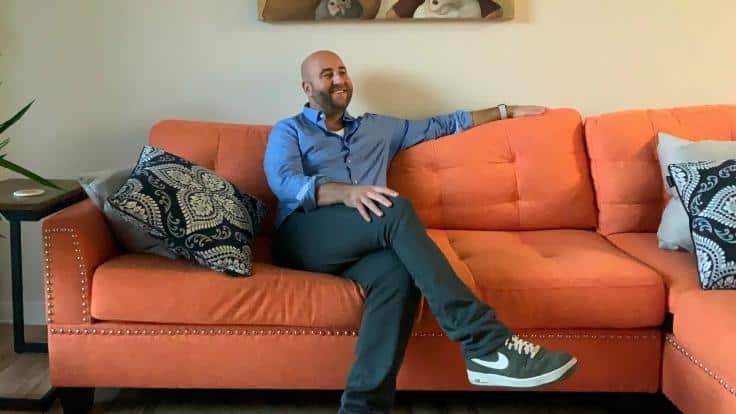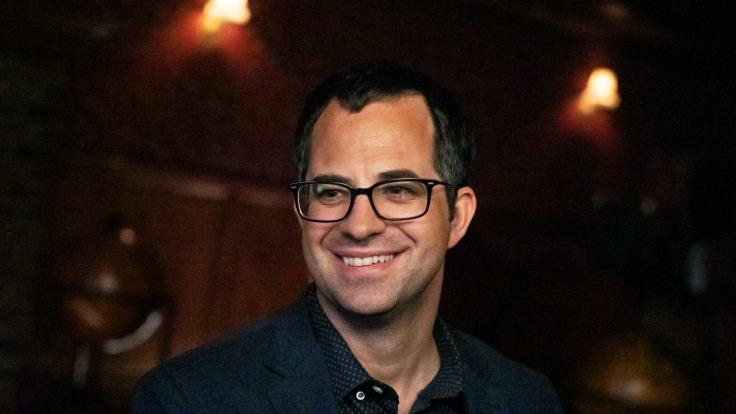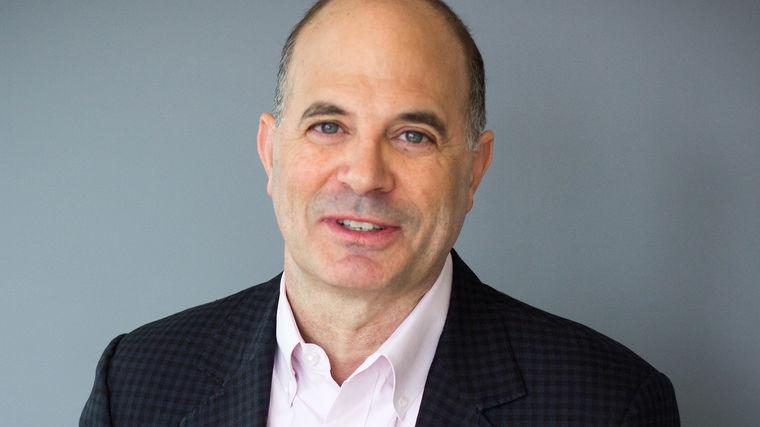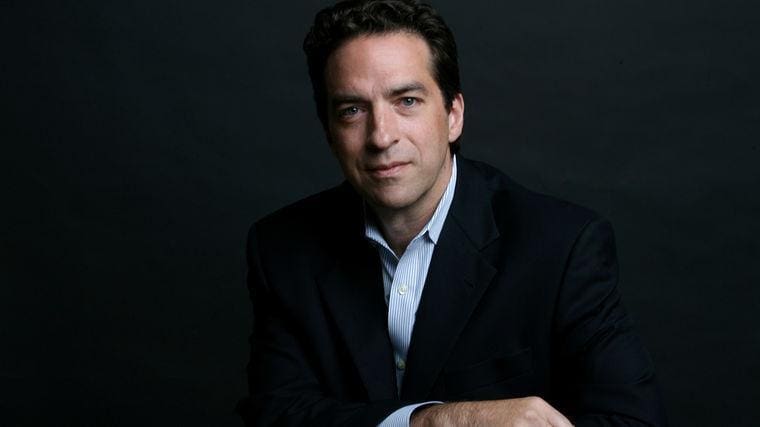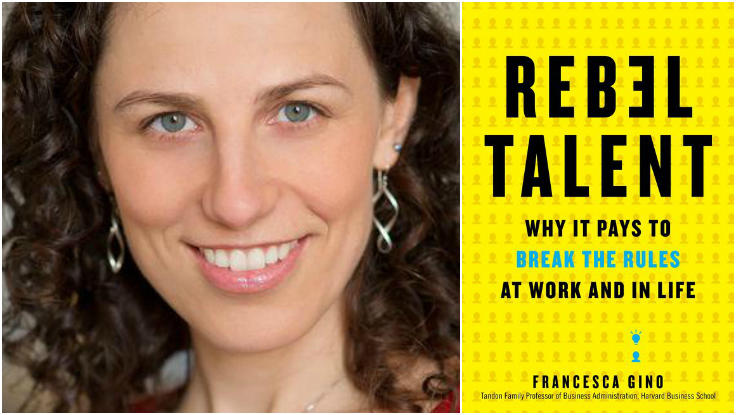More than just a modern-day business buzzword, corporate culture plays an integral role in a company’s success. Whether it’s innovation, collaboration, diversity, or a commitment to taking risks, Lavin’s Top Corporate Culture Speakers will help you elevate your organization by championing strong values and putting people first.
Stephanie Mehta: Few people know what makes an award-winning culture of innovation like Stephanie Mehta. Fast Company’s editor-in-chief, she regularly finds, interviews, and profiles the leaders and organizations changing the future of work.
Safi Bahcall: You’ve heard the phrase “culture eats strategy for breakfast,” but what about “structure eats culture for lunch?” These iconic words are spoken by biotech entrepreneur and bestselling author Safi Bahcall. In his WSJ bestseller Loonshots, he explains how even the smallest changes in a company’s structure can transform the culture in the most effective and rewarding ways.
Sarah Kaplan: Modern business is defined by an increasing number of stakeholders jostling to have their voices heard, from employees who want meaningful work, to consumers searching for socially conscious products. How can organizations deliver on these demands—without compromising their bottom line? Getting close to your stakeholders—and truly engaging with them—is what will generate solutions, says Rotman professor and author of The 360 Corporation, Sarah Kaplan.
David Cote: The former CEO and Chairman of Honeywell, David Cote pulled off one of the greatest turn-arounds in the manufacturing industry. Rather than fixating on either long-term strategies or quarterly results, Cote empowered his organization to pursue both simultaneously—leading to historic results. His upcoming book Winning Now, Winning Later will expand on his pivotal leadership, and how it set the stage for a high-performing culture.
Mark Johnson: Visionary thinking isn’t an elusive trait belonging to a charismatic few—it’s a way of life that can be embedded into an organization and accessed by all. As the co-founder of innovation consultancy Innosight—alongside Clayton M. Christensen—Mark Johnson shows us how to manage company-wide cultures of transformation that lead to break-through growth.
Lori Gottlieb: In her critically acclaimed memoir Maybe You Should Talk to Someone, psychotherapist Lori Gottlieb opens up about what it’s like to be a therapist seeking therapy. Honest, unflinching, and remarkably funny, Gottlieb finds a way to talk about our emotional lives—whether it be at work or at home—in a way that’s approachable, enriching, and productive.
Luke Burgis: What could a Silicon Valley founder teach us about philosophy? Turns out, quite a lot. In his upcoming book Wanting, serial entrepreneur Luke Burgis builds upon René Girard’s mimetic theory—the idea that desire is a social construct—to reveal a new framework for understanding rivalry, conflict, and the collective will of our organizations.
Valorie Kondos Field: There’s a win-at-all-cost mentality that rules elite sports—and damages its brightest stars. The same goes for the boardroom. No one knows this better than Valorie Kondos Field, the legendary, 7-time champion coach of the UCLA women’s gymnastics team. In her corporate culture talks—as well as her viral new TED talk—she calls for radical change for how we define success.
Wayne Baker: “Wayne has taught me one of the most important lessons of my career: the biggest barrier to generosity is not that others are unwilling to give, but that we’re afraid to ask,” writes psychologist Adam Grant. He’s chosen Wayne Baker’s groundbreaking book All You Have To Do Is Ask as a Top Leadership Book for 2020. And for good reason—Baker is one of the most prominent sociologists specializing in organizational networks today. His research reveals how we can become more comfortable asking and receiving help, which in turn improves employee engagement, satisfaction, and productivity.
Dan Lerner: Happiness and success are not mutually exclusive, says positive psychologist Dan Lerner. With his signature charisma and electrifying storytelling, Lerner helps us transcend what we believe is possible at work and at home. With grit, passion and determination, we can each find our unique potential and elevate ourselves, and our organizations, in the process.
To learn more about booking a Corporate Culture Speaker for your next event, contact The Lavin Agency today and speak to a talented member of our sales team.













